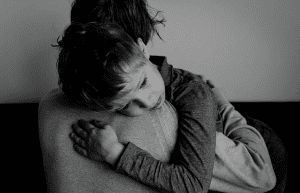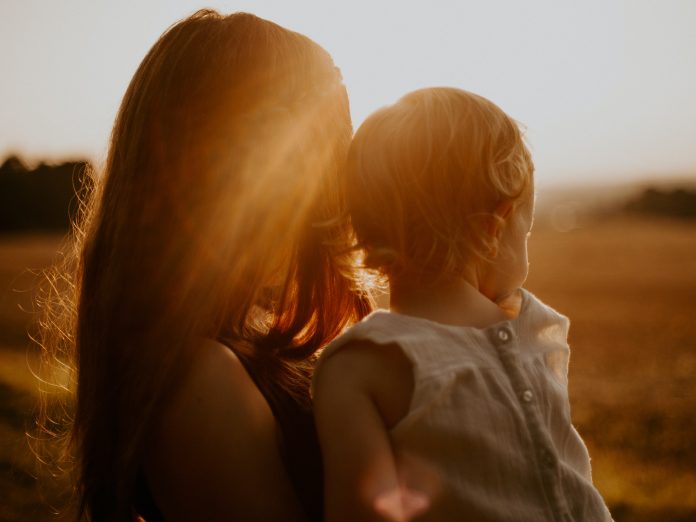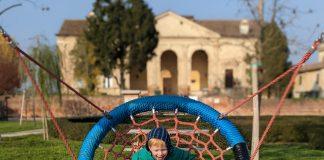How do we help our children navigate something as complex as grief?
This can be a scary notion for a lot of adults. It can feel uncomfortable and bring up our own feelings and emotions surrounding death, loss and grief. As parents and caregivers, we want to shield our children from difficult conversations and experiences and protect our children from potential pain. However, when it comes to the loss of a loved one through the mind of a child, we need to involve them in a developmentally and age appropriate way.
Children process grief in bits and pieces and will outwardly express sadness and other emotions on and off over a long period of time. Children will also pick up on emotions (expressed or not) within the household and may exhibit behaviors such as regression, tantrums, meltdowns, separation anxiety, difficulty focusing. Sometimes an event that is seemingly unrelated can trigger feelings of sadness and other unexpected behaviors. All of this is a normal reaction to grief!
And not talking about death and the grieving process with children won’t stop them from thinking about it. This tends to cause worry, and self-drawn conclusions about death and emotions surrounding grief without parental support.
Here are 5 tips from a certified child life specialist (CCLS) with a military spouse perspective to help support those grieving:
- Ask questions to assess what they already know like: What does it mean to be dead? Do you know what a funeral is? Do they want to attend? Use clear and concrete language when discussing death to avoid confusion and misconceptions. This allows you to be their source of the information.

- The “firsts” can be especially difficult. (first birthday without their person, first day of school, first anniversary of the death, etc.) “Firsts” as an adult are difficult, so we need to hold space for out children knowing “firsts” might be difficult, too.
- Validate that you can experience joy and grief at the same time. Phrases like, “it is ok to enjoy your birthday party today, but still miss them,” allow your child to process the complexity of grief.
- Keep lines of communication open so children don’t feel they’re alone in their grief. We may witness behaviors in our children that we may not think is a way of processing grief (see above), so keep in mind that you may need to initiate the conversation sometimes.
- Keep the memories of your loved ones alive. Talk about your fond memories with them, share stories about them, make their favorite recipes, visiting their favorite restaurants and parks, look at photos.











